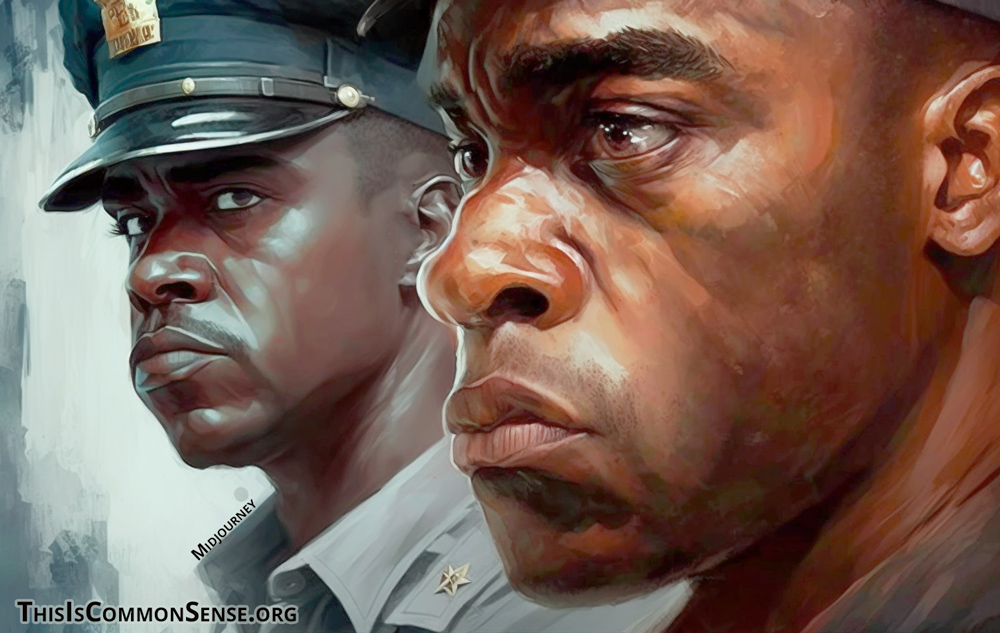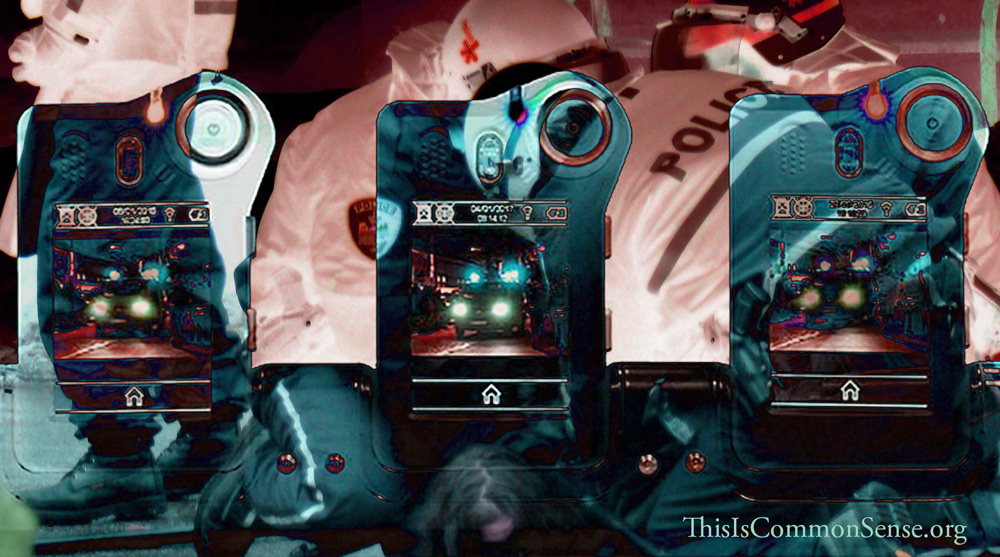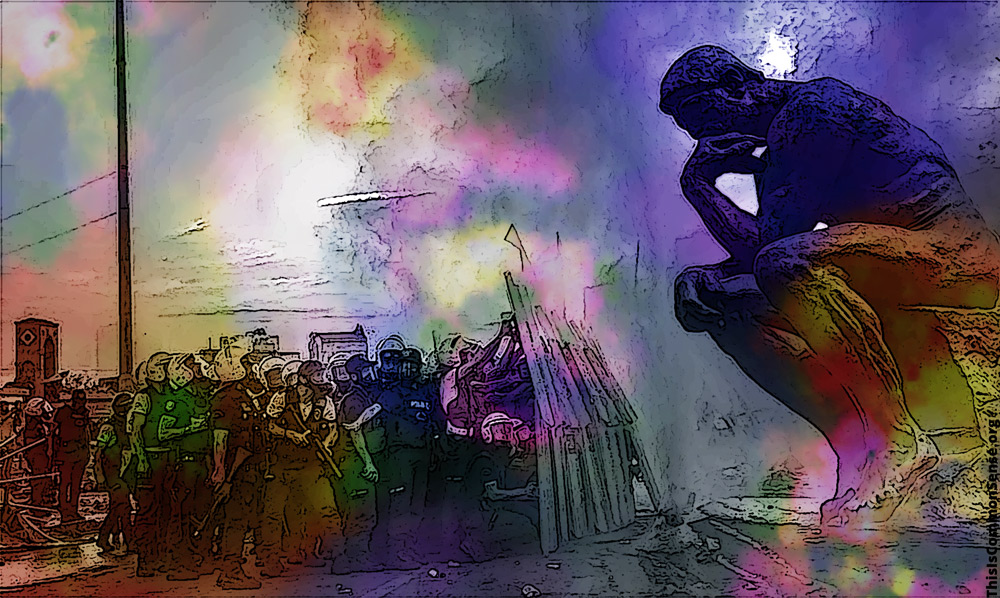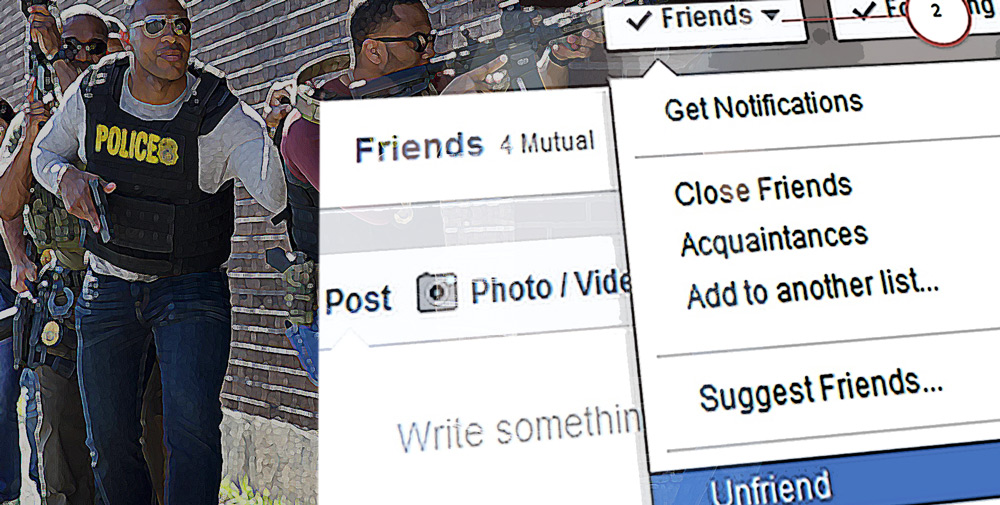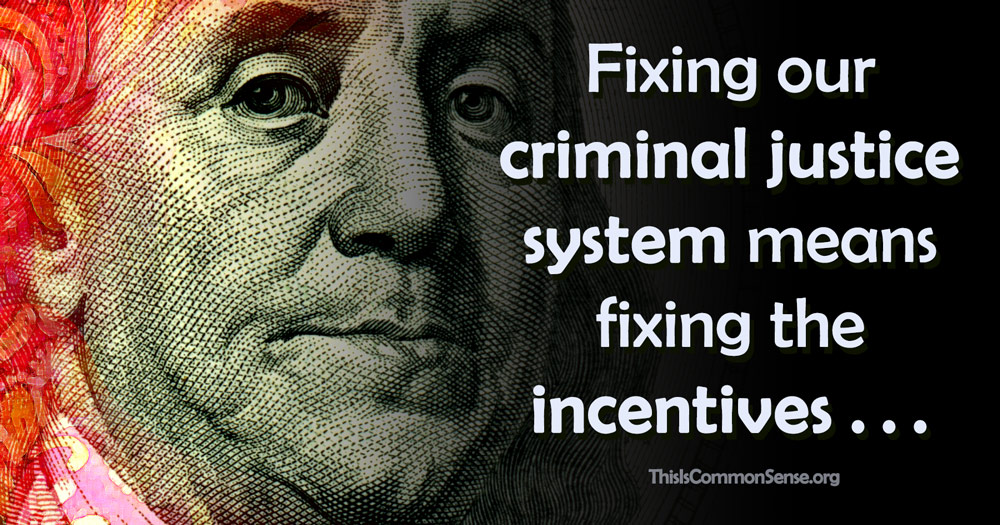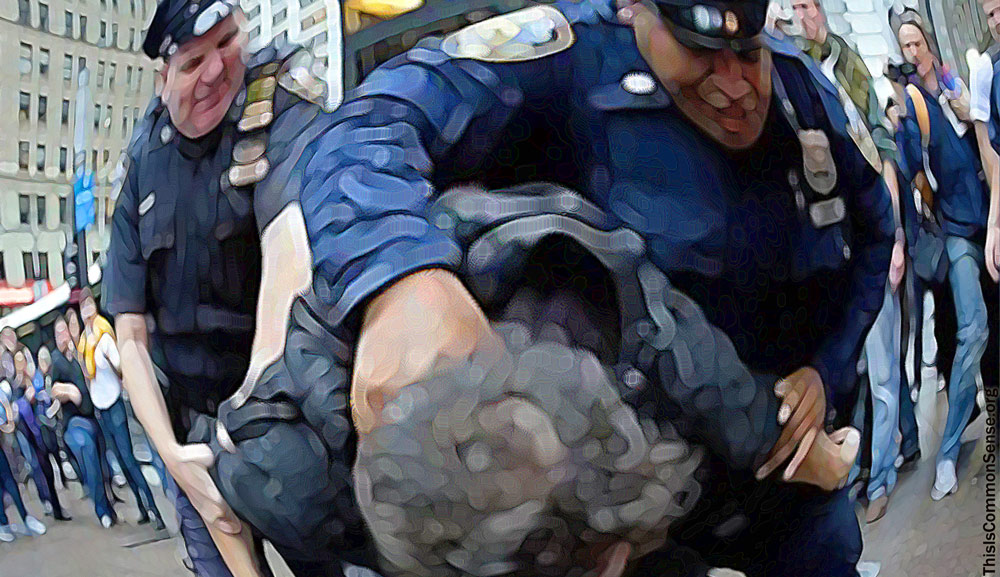The homicidal beating of Tyre Nichols by five cops made the news, the reels and the opinion columns, quickly and “bigly.” You know that the first reaction was to cry Racism!, and that then, after it came out that the policemen charged with his murder were all black . . . it was still Racism!
You might have laughed. If bitterly.
Van Jones’s headline seems, on the face of it, ridiculous: “The police who killed Tyre Nichols were Black. But they might still have been driven by racism” (January 27, 2023).
Yet, the actual arguments aren’t completely absurd.
Just the big picture is.
Today, we’ve been given a new set of definitions. Racism is no longer prejudiced discrimination against individuals based on antipathy against a hated group, now it’s “prejudice plus power,” and . . . somehow the new anti-racists don’t realize that power isn’t just about race.
It wasn’t likely internalized hatred for blacks that these black policemen exhibited. Far more likely it was exasperation and contempt for a man who wouldn’t submit to their control.
Police have a job, and are given a lot of license and leeway to take away our liberty after a suspected crime. Tyre Nichols did not readily submit to an arrest for reckless driving, but bolted, running away. When the cops caught up with him, they gave him a beating. Was it because he was black? Not likely, or at least not primarily. It was most likely because he wouldn’t obey.
This old police attitude is more understandable than racism, no?
But “understandable” isn’t excuse.
We can meaningfully talk about reforms — such as getting rid of qualified immunity — but first, let’s stop calling it racism and “white supremacy.” The issue is cop supremacy, and it’s not really a mystery.
This is Common Sense. I’m Paul Jacob.
Illustration created with Midjourney
—
See all recent commentary
(simplified and organized)
